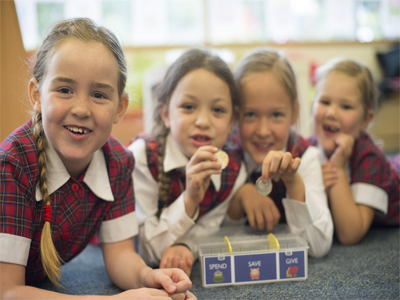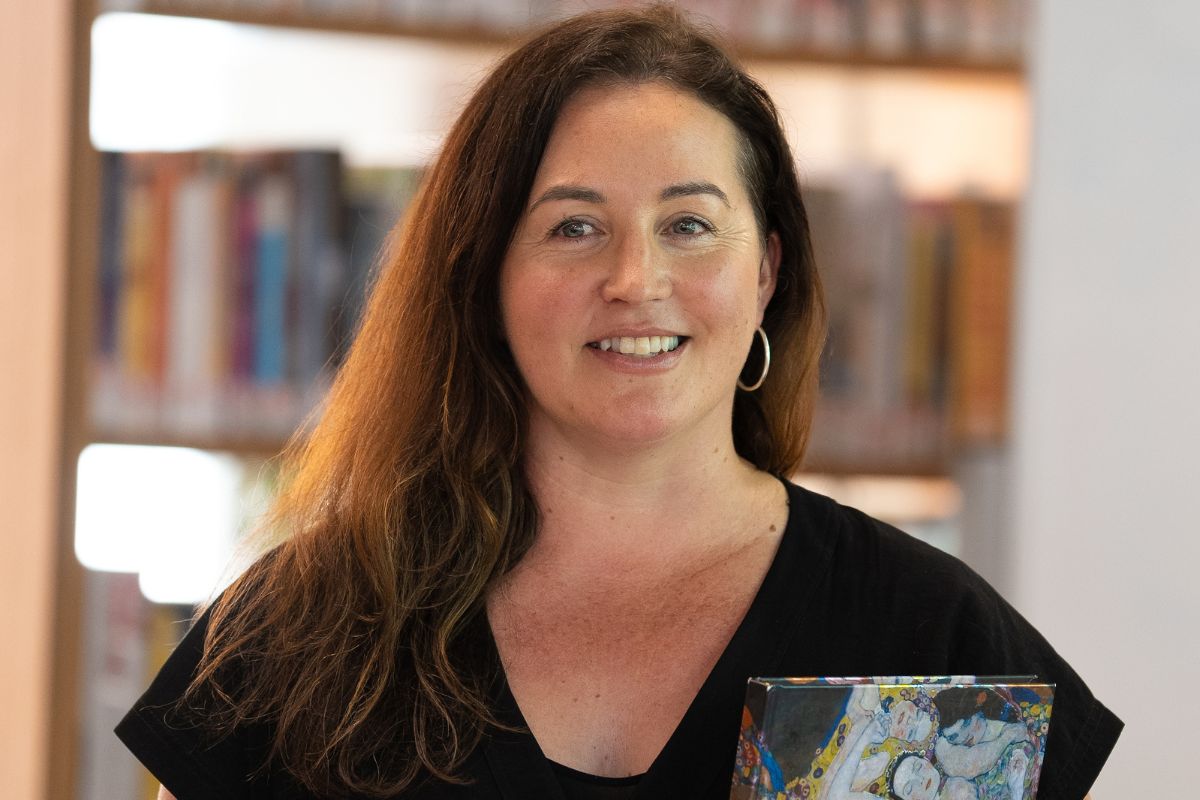Why you need to talk ‘cash’ with your kids

‘Money’ has long been a taboo topic of conversation. It is especially not considered appropriate for children to be discussing the family finances. However, the Australian Securities and Investments Commission (ASIC) is now urging families and schools to talk about cash with kids, and get them used to the concepts of spending, saving and investing.
Managing your own finances is such an important part of being an adult, and children are not going to learn positive spending behaviours overnight. In the internet age, managing money and differentiating between needs and wants, can be difficult concepts for young people to grasp. A consequence of the rise of electronic transactions, credit cards and ‘invisible money’ is that some children see it as a limitless resource.
Access to credit and money has changed dramatically in the past 40 years, and the chance of Australians experiencing crippling debt in their early or mid-20s is much higher than it used to be. A thorough understanding of the principles of commerce gives children a head start to help prevent debt issues in the future.
As an ASIC MoneySmart School, Mentone Girls’ Grammar has been teaching their students not to shy away from financial matters. Students learn the concepts of planning, spending, saving, donating and investing, and their rights and responsibilities as consumers.
Year 1 teacher, Camilla Gaff, said, “Financial literacy and money management are essential skills for young people to learn in order to set them up for a more secure future in our global economy.”
Year 1 recently held an Enterprise Stall at the school fair selling handmade gift tags for charity. “This stall is just the tip of the iceberg of a much larger financial literacy project. Another arm of the project is the Tri-Fi money boxes. The girls are using these boxes to learn about ‘spending’, ‘saving’ and ‘giving’.”
The girls are encouraged to share their money across the three areas, they set financial goals and learn how to work towards achieving them.
“The introduction of our money boxes at home has generated brilliant conversation about how to earn money in the home environment – importantly, what constitutes a ‘love’ job and what constitutes a ‘paid’ job. The girls are learning that being part of a family comes with responsibilities such as cleaning their own room, but there is also opportunity to be enterprising.”
Year 1 parents attended an information session recently to learn about the importance of being open about money and making it visible to children. Here are 7 tips for getting kids thinking about money.
- Create a pocket money habit in the home to give children a chance to budget, plan, share, build, distribute and make important decisions about their earnings, as well as giving them regular exposure to the currency itself.
- Take them along to see your financial planner. If you visit a financial planner or accountant, why not bring them along to listen in on the language and concepts being used.
- Start early. It’s never too early to start the conversation. You can introduce coins and notes as early as three years old, and let them see you spending it.
- Use the language. Instead of a simple ‘no’ or ‘yes’ to their requests, explain that ‘we haven’t budgeted for that’ or ‘yes, we can afford that this month because we sold the car’.
- Explain it in terms they understand. Explain how more or less money in the household is going to effect their life. ‘We can’t go to the movies as often’ or ‘we can get takeaway as a treat on the weekend’.
- Don’t bail them out. Let them learn from their mistakes. If they spend all their pocket money on lollies instead of saving for that video game, then don’t buy the game for them.
- Talk about credit. Take about the loans, credit cards and investments that you have and why you have made those decisions.


